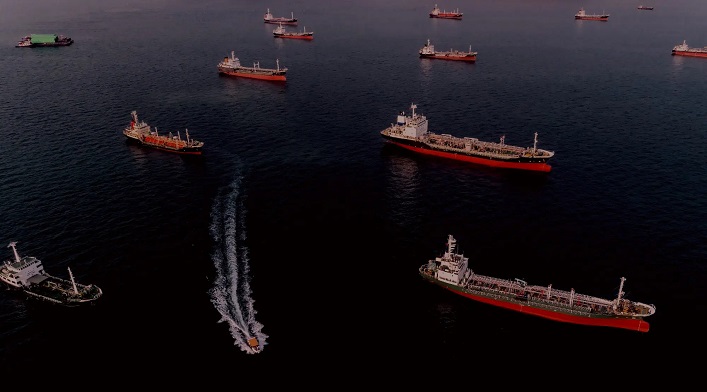Russian tankers have used various tactics to circumvent restrictions and deliver Russian oil while concealing its source. But now the “shadow fleet” consisting of about 1,300 ships is faced with another problem: an increase in the number of ships that have fallen under Western restrictions.
In Barbados and Panama alone, more than 100 Russian ships have been deregistered due to sanctions. These ships have lost their legal right to operate in those jurisdictions, which reduces their chances of accessing international ports and insurance services. Some Russian tankers previously registered in Barbados have already changed their flags to Tanzania and Sao Tome and Principe to circumvent these sanctions. However, experts believe that the latest restrictions have been very effective in forcing shadow fleet vessels out of commercial operations, as market participants fear that they will be subject to sanctions if they interact with the tankers or their cargoes.
Russia’s oil export revenues fell by $1.1B in November to $14.6B.
